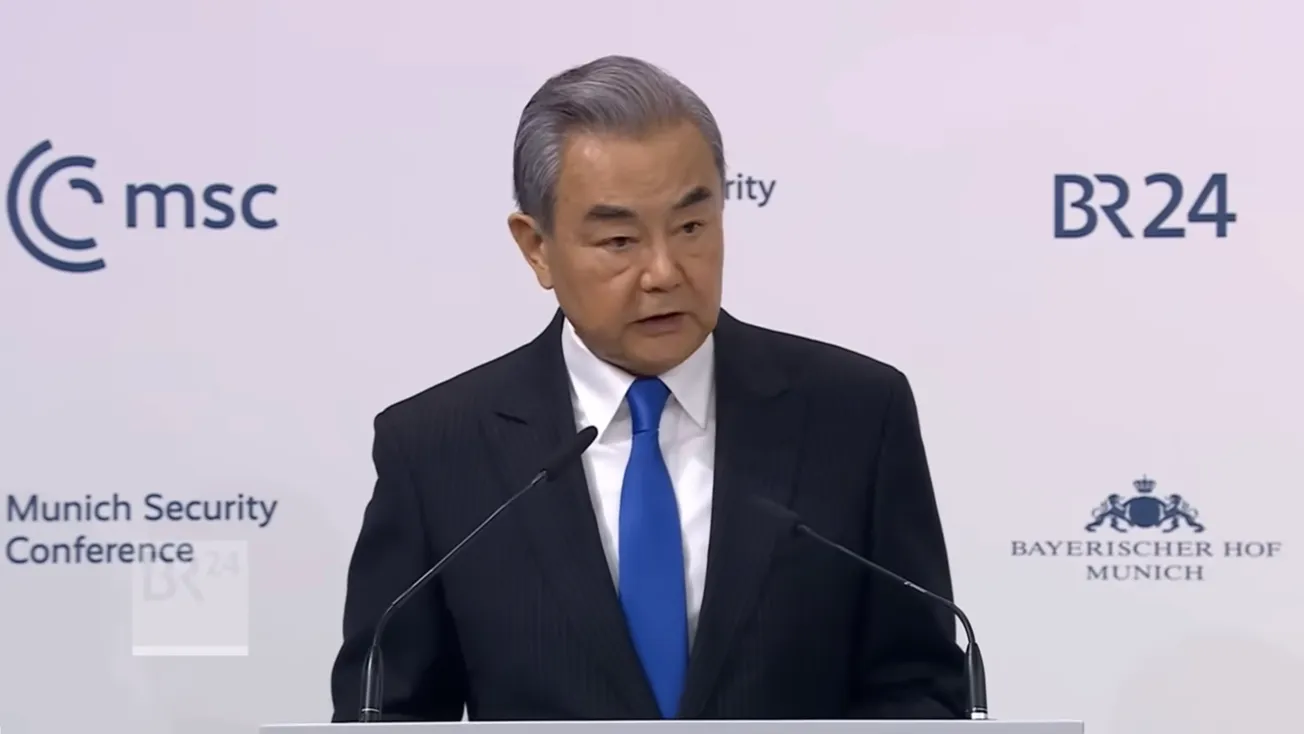Perhaps even more important than the plans for trade in national currencies, which continued around the Eurasian Economic Union (EAEU) meetings May 24-25, were the potential plans involving the New Development Bank of the BRICS nations and Brazil-Argentina trade.
A leader in the EAEU de-dollarization process, not as often recognized, is Belarusian President Aleksandr Lukashenko. The official website of Belarus posted on May 24 reminders of Lukashenko’s calls to drop the U.S. dollar in trade as long as two years ago. [The entire post may be by Lukashenko, but it alternates between direct address and the honorific third-person.] A comment that appears to be the president’s on May 24: “And [now] what do we see? China is now actively developing its own interbank payment system. Brazil and Argentina have decided to create a common currency. South Korea and Indonesia, India and Malaysia have agreed to abandon the dollar in domestic payments. In the east the establishment of an Asian monetary fund is under consideration. Saudi Arabia has decided to abandon the U.S. dollar as the sole currency for oil trade. And this is just the beginning.”
Noting that EAEU nations overwhelmingly use national currencies in trade among themselves, but the dollar in trade with “third countries,” the Belarus site concludes: “The Belarusian president believes that in the near future the world will have new powerful currency unions with a new reserve currency. The Russian ruble, the Chinese yuan, the Brazilian peso, or the Indian [rupee]? With what will countries start paying each other? There is no answer to this question yet. But one thing is clear: the era of the U.S. dollar is really coming to an end.” [The President’s own implied answer appears to be: the yuan.]
Two-way trade settlement in national currencies is difficult if the trade is extremely unbalanced. In a Sputnik News interview May 25 with an informed participant at the EAEU meetings, Chris Devonshire-Ellis, the chairman of Dezan Shira & Associates, notes that a free trade agreement between India and the EAEU is under discussion there. It is, Devonshire-Ellis says, a way of better balancing Russia-India trade, bringing Indian capital investment into projects on the International North-South Transport Corridor and in Russia’s Far East, and avoiding India’s fear of Chinese industrial companies outcompeting its own in India. [ https://www.russia-briefing.com/news/chris-devonshire-ellis-interview-about-the-eurasian-economic-forum-and-potential-for-an-india-eaeu-free-trade-agreement.html/ ]



